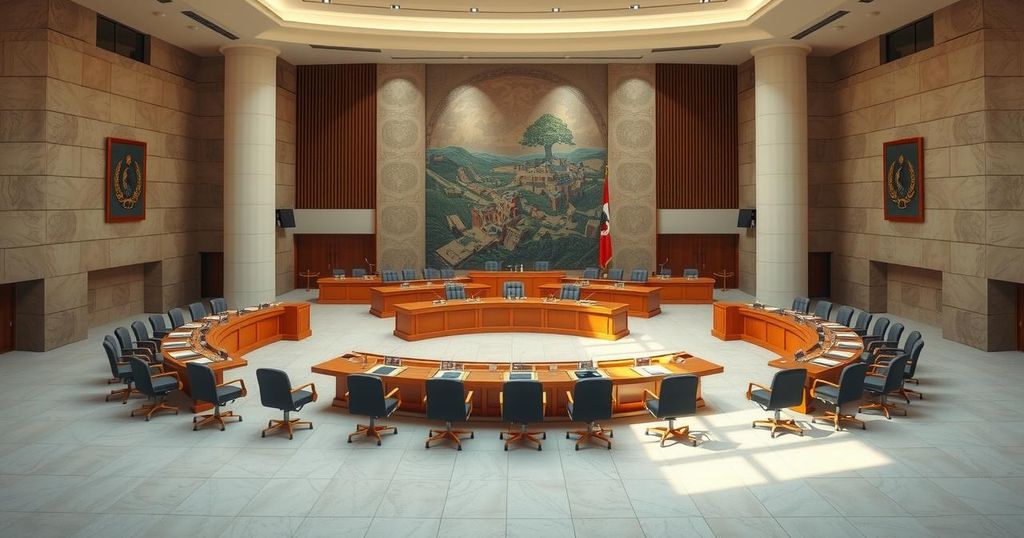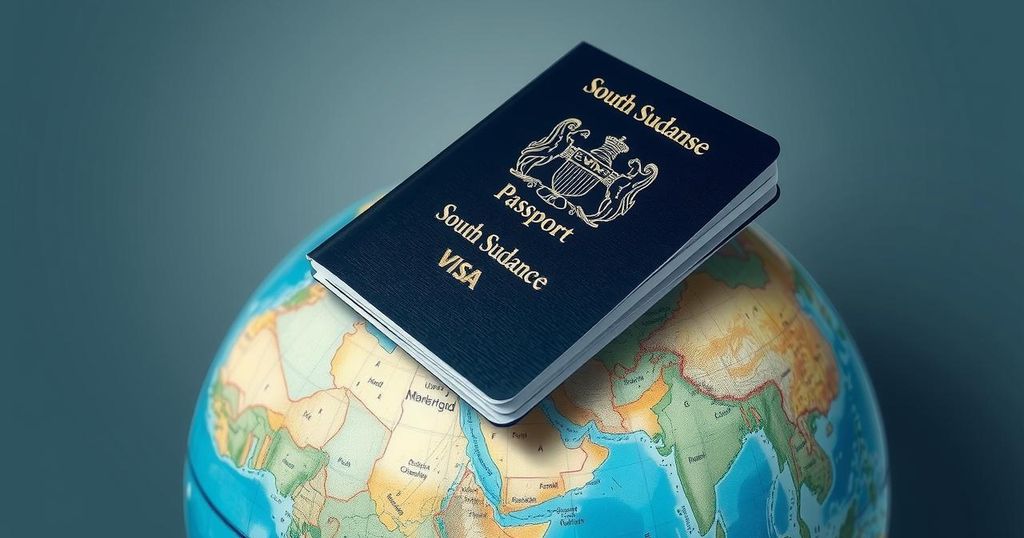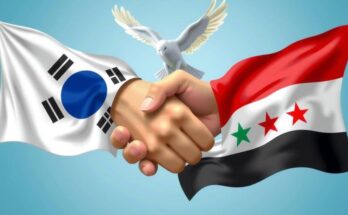Hezbollah’s senior lawmaker Hasan Fadlallah has announced the group’s willingness to engage in discussions about Lebanon’s national defense strategy, indicating possible changes in their longstanding control over weapons. President Joseph Aoun has recognized Hezbollah’s flexibility on disarmament, suggesting a cooperative effort on security matters amid renewed tensions following significant conflicts with Israel.
Beirut’s political landscape is witnessing potential change as Hezbollah, represented by senior lawmaker Hasan Fadlallah, has expressed openness to discussions surrounding Lebanon’s national defense strategy. This willingness could signal a pivotal moment in addressing Hezbollah’s vast arsenal, which has long operated outside the purview of the Lebanese state. During a press briefing at the Lebanese Parliament, Fadlallah confirmed ongoing dialogues with President Joseph Aoun concerning these matters.
Fadlallah indicated that the organization maintains a unified stance regarding weapon management and defense strategy, emphasizing that the immediate focus must be on halting external aggression and reclaiming territorial integrity. He stated, “Hezbollah’s position is unified regarding the handling of weapons and the defense strategy. Today’s priority is halting aggression and liberating our territory. We are ready for any dialogue on the national strategy.”
Hezbollah is prepared to engage in talks once the president finalizes a framework for these discussions. The lawmaker assured reporters, “We’ve expressed full readiness for a dialogue that would lead to a national defense strategy that protects sovereignty. We approach all sincere and enthusiastic invitations to dialogue with an open hand and mind.”
This initiative follows President Aoun’s announcement of plans to draft a roadmap for a national defense policy to address the status of Hezbollah’s military capabilities, which are contentious within the political sphere. Aoun expressed optimism regarding Hezbollah’s recent stance during a meeting with parliamentarians, noting the group had exhibited “great flexibility” in matters concerning disarmament.
In remarks to the officials, President Aoun reiterated, “There is no place for weapons or armed groups outside the framework of the state,” while advocating for resolution through dialogue. The urgency of addressing Hezbollah’s arsenal has been heightened following the devastating Israeli offensive in 2024, which resulted in over 4,000 deaths and prompted a renewed commitment from Lebanese authorities to ensure state control over armed entities.
Hezbollah remains unique among Lebanese militias, having retained its armament following the 1989 Taif agreement that concluded the civil war. The group defends its military capabilities, claiming they are essential for Lebanon’s defense against Israeli threats, particularly in the southern regions.
Established in the 1980s with Iranian support as a resistance faction against Israeli occupation, Hezbollah has transformed into a substantial military and political entity with representation in parliament and a militia viewed by many as stronger than the Lebanese Army. Historical conflicts between Hezbollah and Israel have escalated significantly, leading to wars such as the 2006 Lebanon War and, more recently, a severe escalation in 2024, culminating in a ceasefire agreement in November 2024.
In conclusion, Hezbollah’s recent openness to dialogue regarding Lebanon’s national defense strategy marks a potentially significant transition in the country’s political and security dynamics. With President Aoun advocating for communication and cooperation in matters of disarmament, this dialogue could pave the way for a coherent national defense policy, reflecting on the necessity for state control over armed groups. The backdrop of ongoing tensions with Israel complicates the discourse, emphasizing the need for a balanced and cooperative approach to national security in Lebanon.
Original Source: efe.com




